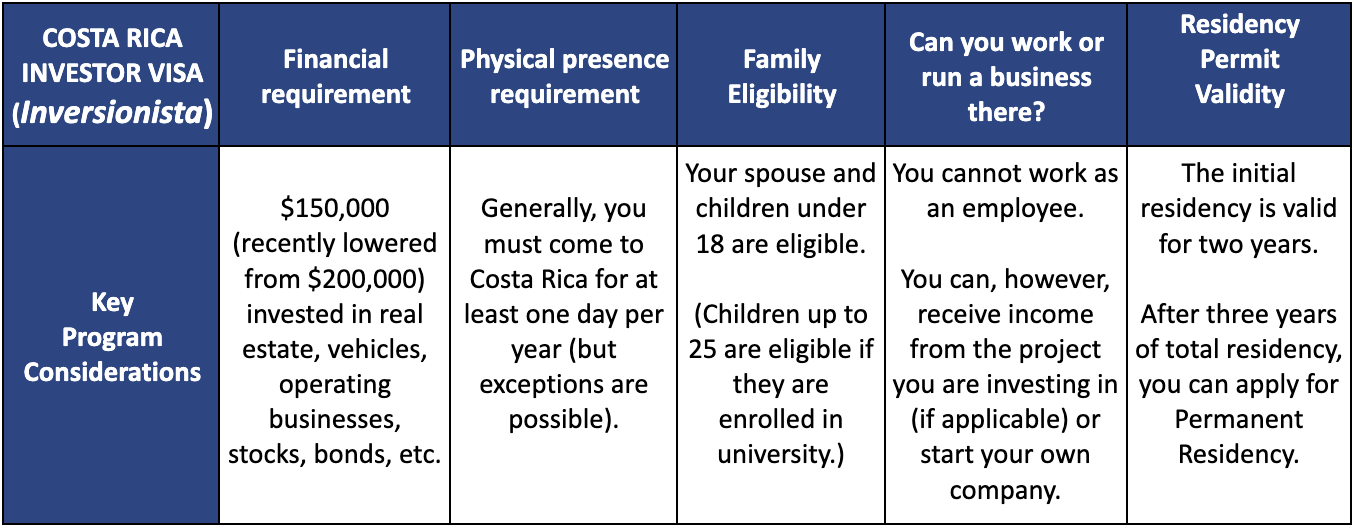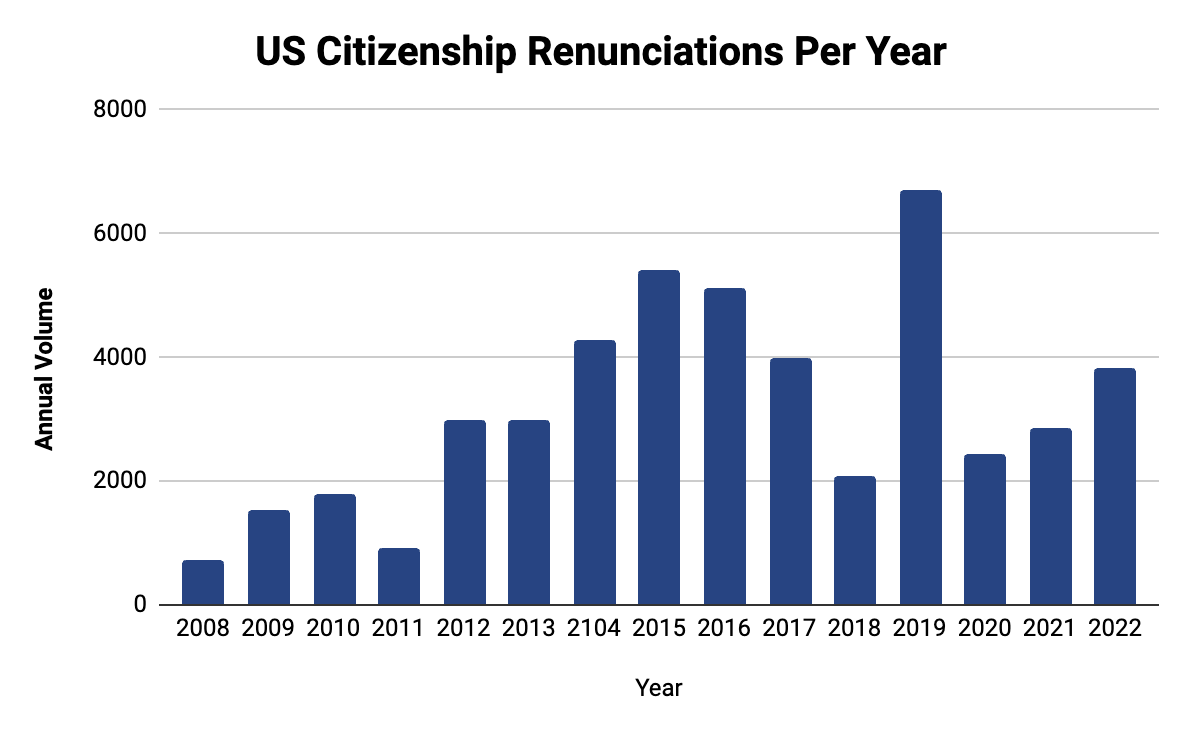The Federal Reserve– the most critically important central bank in the world– is completely, hopelessly insolvent.
This isn’t some wild conspiracy theory or overly dramatic interpretation of the facts; we’re extremely data-focused in this organization and base our conclusions on indisputable, open-source figures .
And the facts in this case are crystal clear: the Fed’s own financial statements show that their unrealized losses amount to over $910 billion. Given that the Fed only has $42 billion in capital, this means that America’s central bank has a net financial position of MINUS $868 billion on a mark-to-market basis.
To understand why, we need a quick review of how bonds work.
Most people understand pretty intuitively how investing in stocks works. Share prices fluctuate up and down every day.
Bonds are the same way. They also have prices which fluctuate day-to-day, month-to-month, and year-to-year, just like stocks.
And one of the biggest influences on bond prices is interest rates.
In fact, the cardinal rule in the bond market is that when interest rates go up, bond prices fall.
And this makes sense when you think about it. If you own a bond that pays 1%… but suddenly interest rates rise to 10%… then the market value of your 1% bond is going to fall.
After all, why would anyone buy a bond paying 1% if they can buy a brand new bond paying 10%?
Well, at the start of the pandemic, the Federal Reserve slashed interest rates to zero. And as a result, yields on US treasuries were so low they even went negative for a short time.
Banks, large corporations, and even the Fed itself bought trillions of dollars worth of bonds at these record low interest rates.
But over the past 16 months, interest rates have risen dramatically. And this means that everybody who bought bonds at record low interest rates during the pandemic is now sitting on deep unrealized losses. And that includes the Federal Reserve.
This is exactly what happened to Silicon Valley Bank several months ago.
Silicon Valley Bank had acquired more than $100 billion worth of bonds— much of that during the pandemic at record low rates. But when interest rates increased, SVB’s bond portfolio plummeted in value; they racked up huge losses and eventually went bust.
When I wrote about this several months ago, I said clearly that if SVB is insolvent, so is everyone else, including the Fed.
Now we know the truth: taking into consideration its unrealized losses, the Fed is insolvent by $868 billion. And if they keep raising rates as they did last week, the insolvency will continue to grow.
The natural question to ask is, if the Fed is insolvent, why hasn’t the financial system crashed?
Simple: the financial system is based on perception and confidence rather than reality.
And Silicon Valley Bank is instructive here yet again.
SVB went bust in March 2023. But it was insolvent as far back as late 2022. SVB was sending financial data to the FDIC and Federal Reserve back in December showing huge unrealized losses. But nobody cared.
SVB then publicly released its annual financial report to the market in January 2023; this report once again showed massive unrealized bond losses. And yet, in response, investors gobbled up SVB shares, and the stock price shot through the roof. No one cared about the insolvency.
It remained this way for months. Then, suddenly, the bank collapsed virtually overnight. It was so obvious in retrospect… and yet all the ‘experts’, including Wall Street analysts and government regulators, totally missed the warning signs.
This reminds me of the cartoons I watched when I was a kid, when Wile E. Coyote ran off a cliff, only realized when he was halfway across the canyon that he no longer had any ground underneath him.
SVB was insolvent in 2022. But like Wile E. Coyote, no one realized it until it was too late.
It’s the same thing with the Federal Reserve. They publish financial statements showing extreme unrealized losses… which grow worse with every interest rate hike. It’s so obvious.
I’ve been predicting for years that Fed would eventually engineer its own insolvency. Well now they’ve done it. Wile E. Coyote has already run off the cliff.
This doesn’t mean that Mr. Coyote will plummet to the canyon floor today, tomorrow, or even next year.
But it is very difficult to argue (though some “experts” will surely try) that the mark-to-market insolvency of the largest, most important central bank in the world is somehow a good thing.
An insolvent central bank does not make America stronger. It does not make the US economy stronger. It does not make the dollar stronger.
This is one obvious reason to consider diversifying out of the dollar, and into an asset that isn’t controlled by central banks.
And gold is one obvious candidate to consider.
from Sovereign Man https://ift.tt/K1JZUFI
via IFTTT


